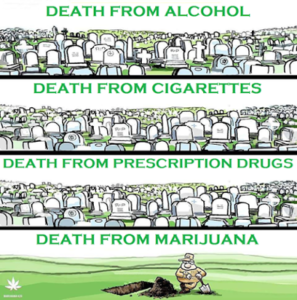 This month, the Centers for Disease Control released revised figures on last year’s drug-induced deaths. The numbers are sobering: “More persons died from drug overdoses in the United States in 2014 than during any previous year on record.” Read the Huffington Post story here.
This month, the Centers for Disease Control released revised figures on last year’s drug-induced deaths. The numbers are sobering: “More persons died from drug overdoses in the United States in 2014 than during any previous year on record.” Read the Huffington Post story here.
It’s important here to distinguish between drug-induced and drug-relateddeaths. The latter category is quite broad, and it might include everything from drunk-driving fatalities to shooting victims in a cocaine deal gone awry. The CDC statistics, however, address only drug-induced deaths, which are limited to cases of chemical overdose—no collateral damage included.
According to these revised numbers, 17,465 people died as a result of illicit drug use. By contrast, there were 25,760 deaths attributed to the use of prescription drugs. Interestingly, the CDC tracks opioid painkiller deaths separately from those of other prescription medications. Opioid deaths rose to 18,073—up 14 percent from 2013—and fatal prescription opioid overdoses claimed almost twice as many lives as heroin. Combine the opioid deaths with the other prescription overdoses, and you see that legal medication killed 43,833 Americans last year.
Speaking of things that are legal, the Washington Post reports that our most socially-cherished and recreationally-acceptable drug, alcohol, added another 30,722 to the death-toll. Alcohol-induced deaths in the United States have risen 37 percent since 2002.
Do you know what didn’t kill anyone last year? Marijuana. Pot has been remarkably consistent in this regard, having never killed anyone—year in, and year out—since the dawn of time. The pros and cons of marijuana use may be debatable, but the following fact is not: Despite its official classification by the federal government as a Schedule I narcotic, weed simply isn’t lethal.
If you or a loved one has landed in hot water because of our country’s antiquated drug laws, the attorneys at the Marc Lopez Law Firm are here to help. Call us at (317) 632-3642.



